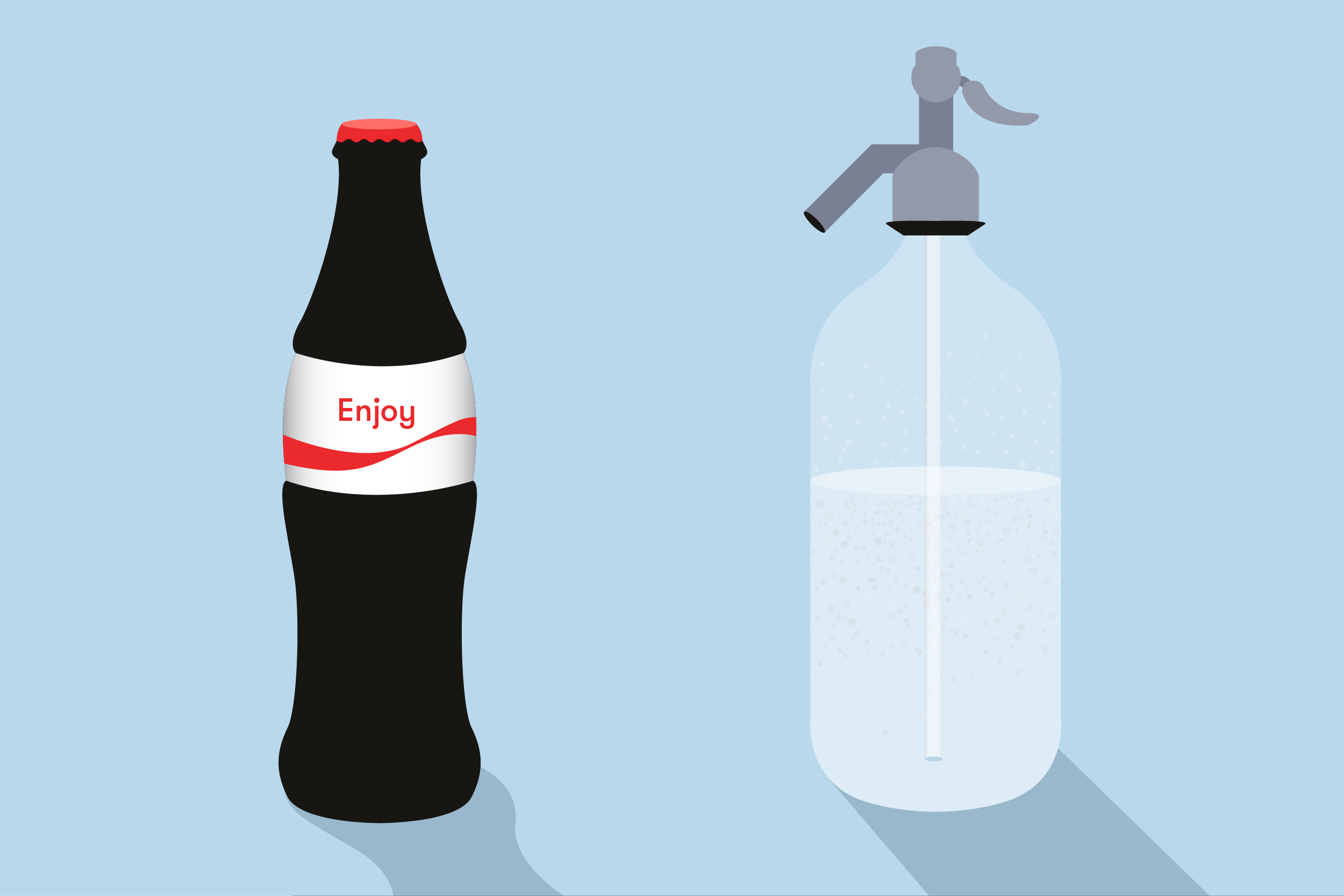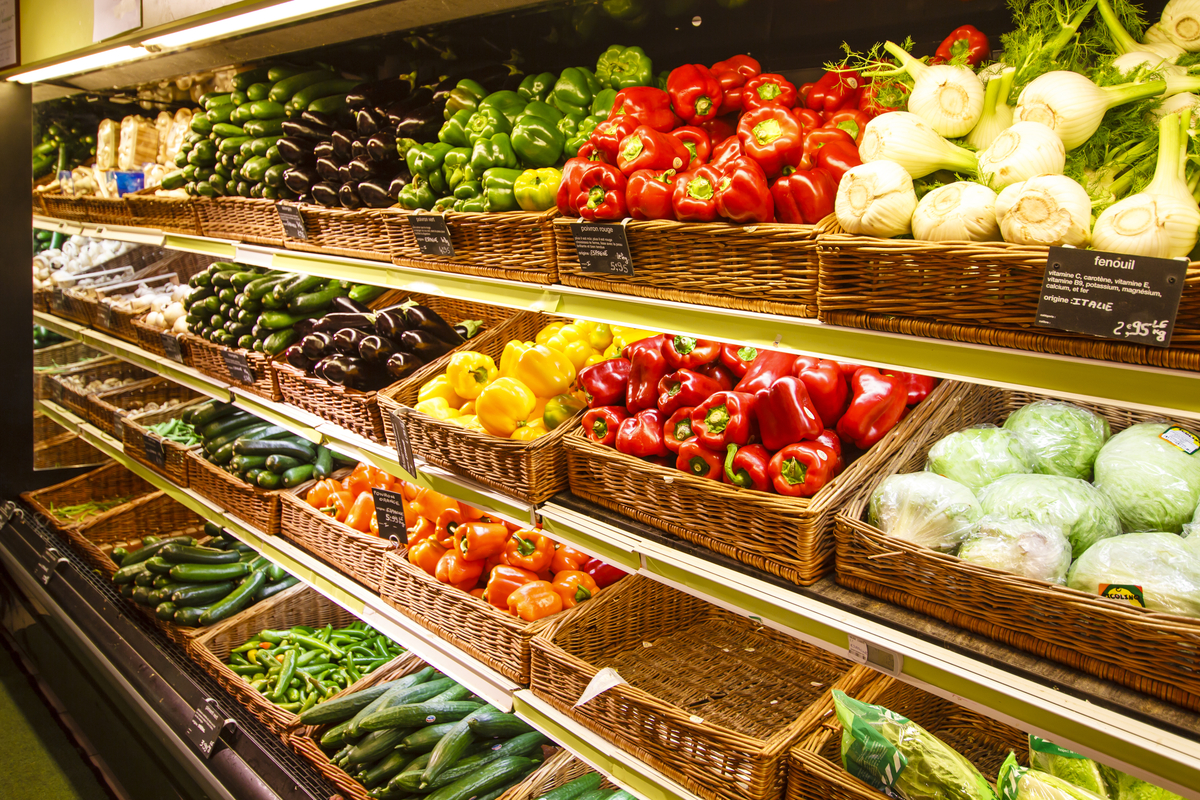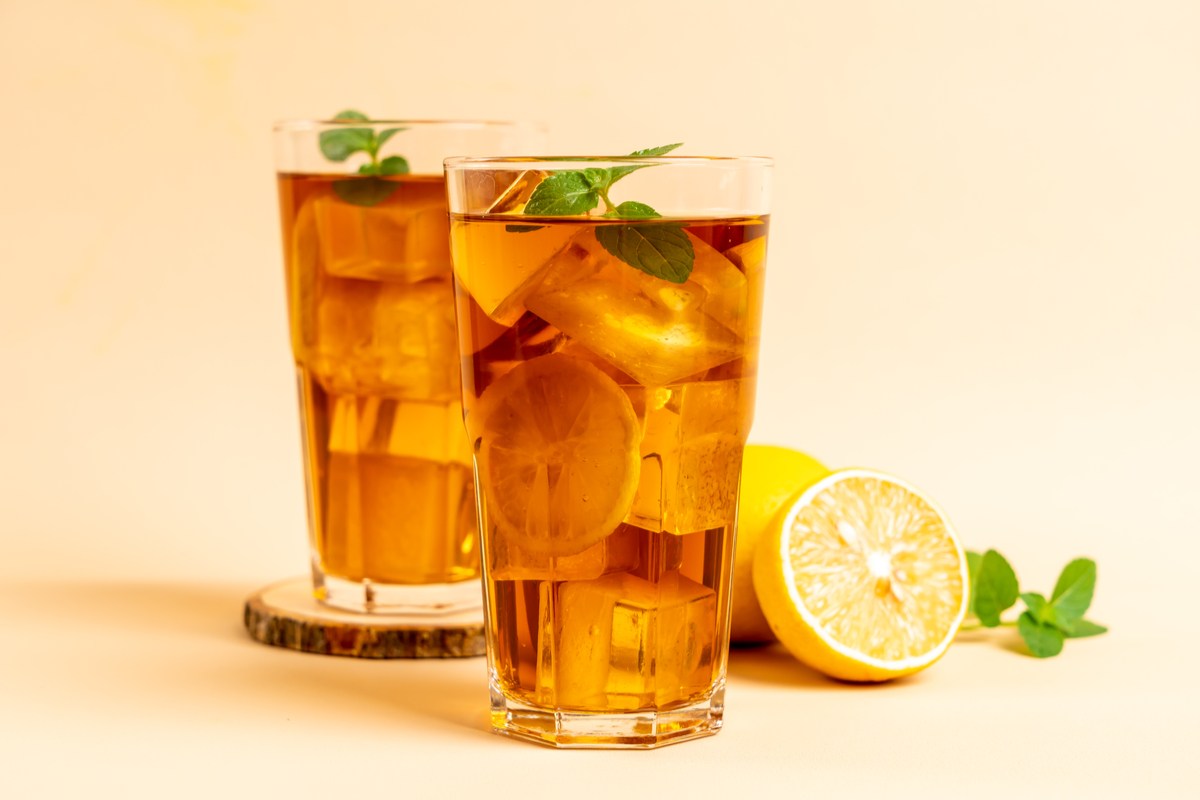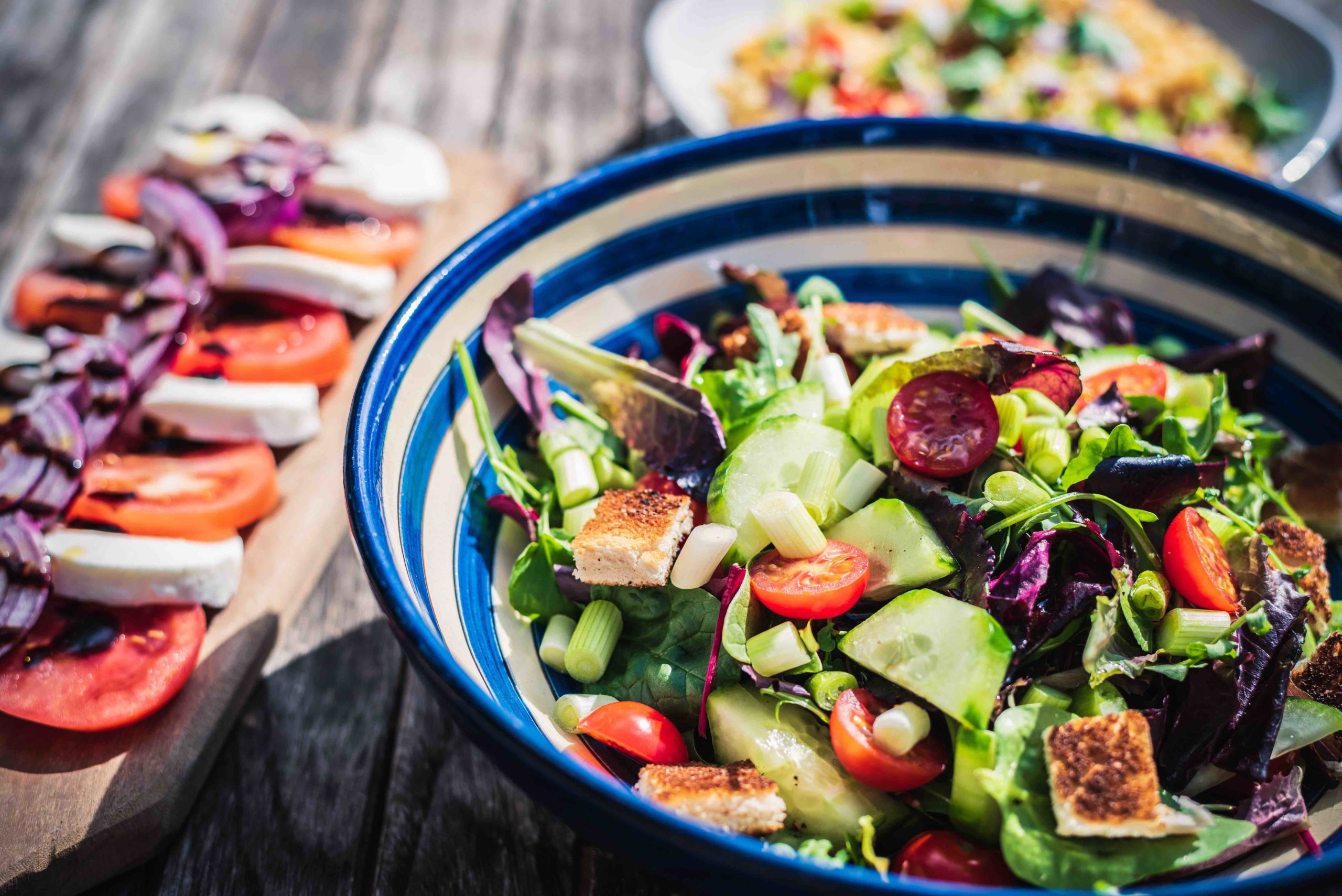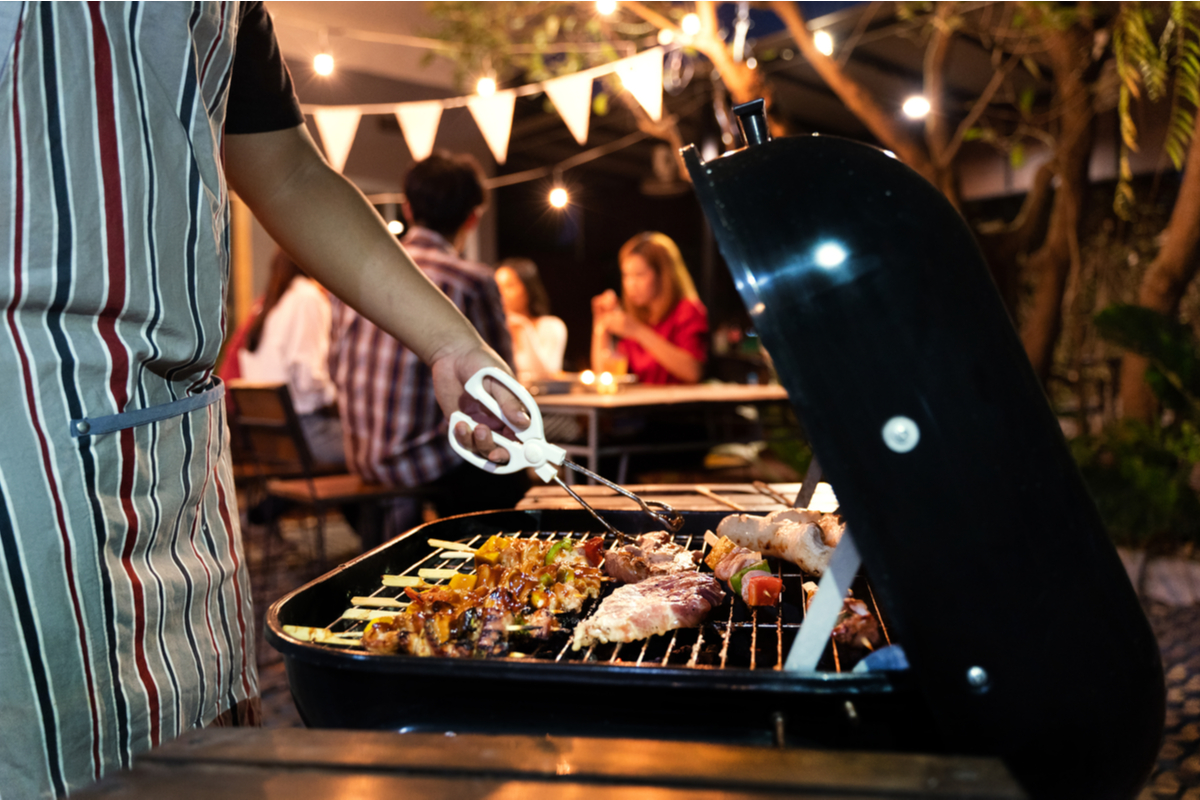Sometimes a person just craves something bubbly, but diet soda gets a bad rap for containing loads of sugar and aspartame. Seltzer has that same fizz, quenches thirst and comes in a variety of flavors. It seems like the best choice, right?
Sparkling water vs. diet soda
Well, a new study just might have debunked all the good things we thought we knew about this drink. And what’s really paying for the constant sipping? Our teeth. You may want to reconsider how you stock your fridge.
[sc name=”saveupto70off” ]Sparkling water or seltzer
Sparkling water, mineral water, club soda—let’s get this straight. Seltzer water is regular water with added carbon dioxide and no minerals. It can also be correctly referred to as sparkling water (but not mineral water or club soda) and can come in plain or flavored varieties. Any flavor that is added is often natural extracts that don’t add any extra carbs or calories. And that’s the joy to sipping on seltzer: no calories or extra sodium. Plus, the fact that it is just bubbly water means you can substitute it for regular water to reach that desired amount of eight 8-ounce glasses of water a day.
However, you may have heard drinking carbonated water will erode tooth enamel. Truth: You can forget that myth. Studies have shown the small amount of carbonic acid that forms when carbon dioxide is pumped into the water isn’t significant enough to hurt your chompers. The water actually contains calcium and small amounts of minerals that can act as a barrier between the acid and tooth enamel. That’s something soda can’t stand up to. The phosphoric and citric acid in both regular and diet soda can erode enamel. Yuck!
On another health note, researchers have found people who suffer from indigestion and constipation who drank at least 1.5 liters of seltzer every day for 15-30 days showed a vast improvement in resolving their symptoms compared to those who consumed regular tap water. But beware if you’re on the other end of the spectrum. Fizzy drinks can make those who suffer from irritable bowel syndrome even more bloated and can increase symptoms to those who experience acid reflux.
Diet soda
The good thing? Diet sodas contain no sugar and are low in calories or have none at all. If you’re a soda lover or a diabetic, it’s the better choice compared to regular soda. A can of Diet Coke has no calories, processed sugar or high fructose corn syrup whereas regular Coke contains 140 calories and 39 grams of sugar. Yikes! That being said, diet soda still shouldn’t get the label as being healthy.
Research from the University of Miami found that people who drink diet sodas on a daily basis may have an increased risk of stroke and heart attack. Other research has found sipping everyday was linked to greater chances of of developing metabolic syndrome and type-2 diabetes. Plus, another study from Purdue University showed diet soda can lead to weight gain due to the amount of artificial sweeteners packed in every can. These high-intensity sweeteners mess with the body’s ability to control calories based on tasting something sweet, which makes us consume too much and gain weight. Another thing not mentioned: aspartame, the code word for artificial sweeteners, which has been linked to health effects ranging from headaches and dizziness to Alzheimer disease and diabetes.
Think of it this way—cola is seltzer with high amounts of added sugar, colorings and artificial flavoring. Although the caffeine in diet soda will give you a boost in the middle of the day, you may just want to skip the negative side effects and go for a coffee.
So, is sparkling water better than diet soda?
This one’s clear. If you’re craving a little fizz, choose a seltzer. Diet soda, though it contains zero calories, is loaded with sugar and aspartame and has been linked to stunting weight loss and causing tooth decay. The sweet flavor of soda may taste good, but adding a shot of fruit juice, honey or agave syrup to sparkling water can provide a natural, low-calorie option without the negative health effects. Sip away!

